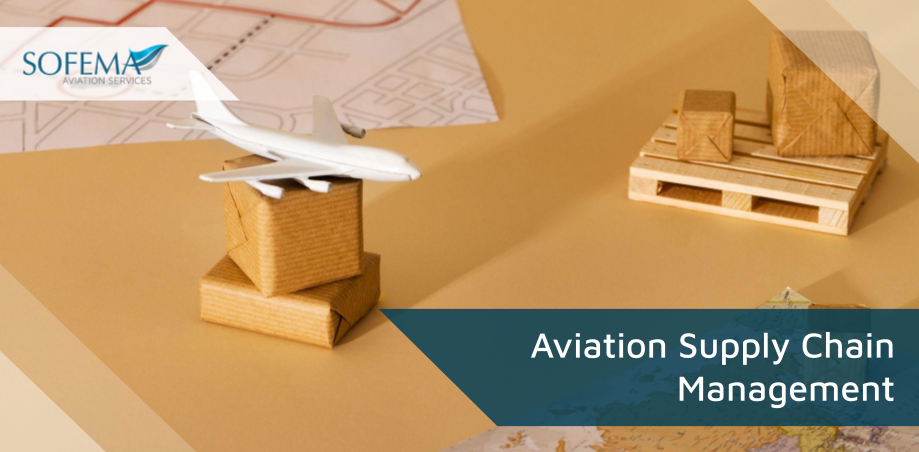Sofema Aviation Services (SAS) www.sassofia.com considers best practices related to Supply Chain Management – Procurement Processes and Vendor Selection
Introduction
Procurement processes for aviation parts and materials are critical for maintaining the safety, efficiency, and reliability of aircraft operations, consider the following:
- Supplier Evaluation and Selection involves assessing potential suppliers of aviation parts and materials based on their ability to meet quality, safety, and regulatory standards.
o Evaluation criteria includes financial stability, quality control systems, track record in the industry, and compliance with aviation standards.
- Certification and Quality Assurance ensures aviation parts and materials meet strict certification requirements.
o This process involves ensuring that all procured items are accompanied by the necessary certification documents (for example FAA Form 8130-3 or EASA Form 1) moreover that they have been manufactured and tested according to industry standards.
- Competitive Bidding and Negotiation ensures cost-effectiveness and fair pricing
o Procurement often involves a competitive bidding process (Includes requests for proposals (RFPs), requests for quotations (RFQs), and detailed contract negotiations focusing on price, delivery schedules, and after-sales support)
- Strategic Sourcing involves analysing the supply market, developing long-term relationships with suppliers, and negotiating contracts that provide the best value in terms of cost, quality, and reliability.
o Strategic Sourcing often includes partnerships or alliances with key suppliers.
- Inventory Management is crucial in aviation to balance the need for having essential parts available without overstocking.
o This involves forecasting demand, managing stock levels, and implementing just-in-time (JIT) inventory strategies.
- Procurement processes should consider the risks associated with supply chain disruptions, quality issues, and regulatory non-compliance.
o Implementing risk management strategies and compliance checks is essential to ensure uninterrupted operations.
- Aviation companies are increasingly focusing on sustainable and ethical procurement practices.
o This involves sourcing materials and parts in a way that minimizes environmental impact and ensures ethical labour practices in the supply chain.
Consider the following Best Practices Related to Procurement:
- Vendor Assessment optimisation by conducting detailed due diligence, including financial audits, capability assessments, and compliance checks before selecting vendors.
- Establishing long-term partnerships with vendors for better price negotiation and supply chain stability.
- Regularly reviewing vendor performance and compliance with EASA regulations.
- Ensuring staff are well-trained in procurement processes and aware of the latest EASA regulations and industry standards.
- Use of Digital Tools: Implementing ERP systems and other digital tools for better visibility and control over the supply chain.
Next Steps
Follow this link to our Library to find & Download related documents for Free.
Sofema Aviation Services www.sassofia.com and www.sofemaonline.com provide EASA Compliant Regulatory Training and Vocational Courses for the Aviation Supply Chain. Please see the websites for more information or email team@sassofia.com
Tags:
(RFPs), Aircraft Operations, aviation parts, contract negotiations, Digital Tools, EASA, environmental impact, ERP systems, Inventory Management, Procurement Processes, Risk Management, Strategic Sourcing, Supplier Evaluation, Supply Chain Management, Vendor Selection




